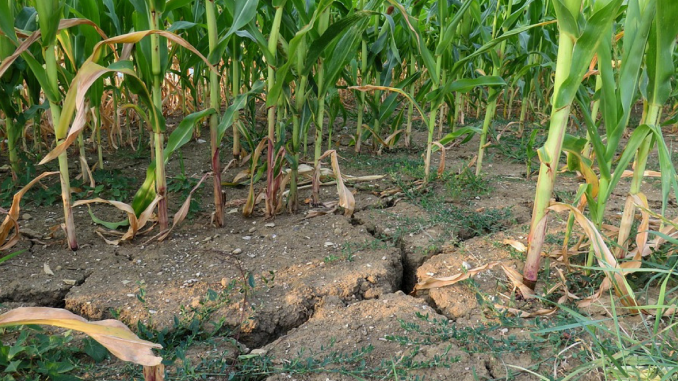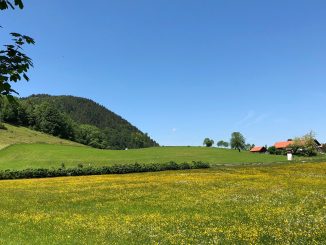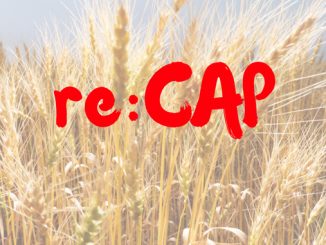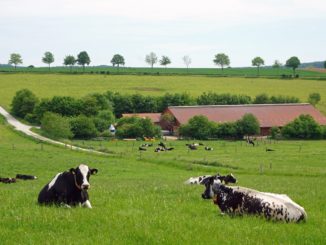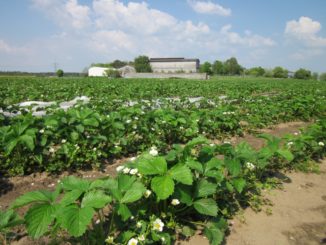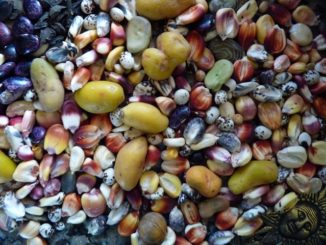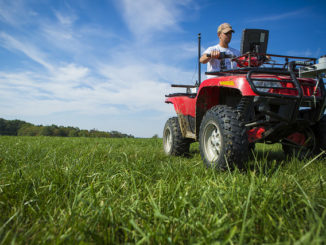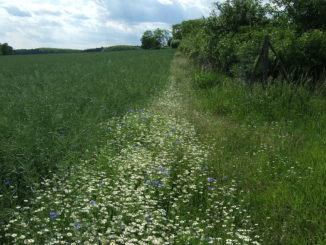A number of organisations made submissions to the CAP consultation, which closed last week. Here we outline three differing ones – one from public health, one from farming and one, which we devote more space to, from a platform bringing a number of organisations together in Germany. 1 Public Health Organisation (EPHA) The EPHA European Public Health Association point out that agriculture and health policies are not aligned, despite Article 168 of the Treaty on the Functioning of the European Union (TFEU) mandates that “a high level of human health protection shall be ensured in the definition and implementation of all Union policies and activities.” Like many others, the organisation argues against land based payments and for more policy coherence. Specifically, they point to three key changes: Removing health-harmful subsidies Moving from hectare payments to performance incentives Fostering sustainable healthy diets The EPHA’s submission intro can be found HERE the full response can be found HERE and the annex HERE. 1 Farmer Organisation (EMB) The European Milk Board prioritised coordinated approach to price and market stability, as well as […]
